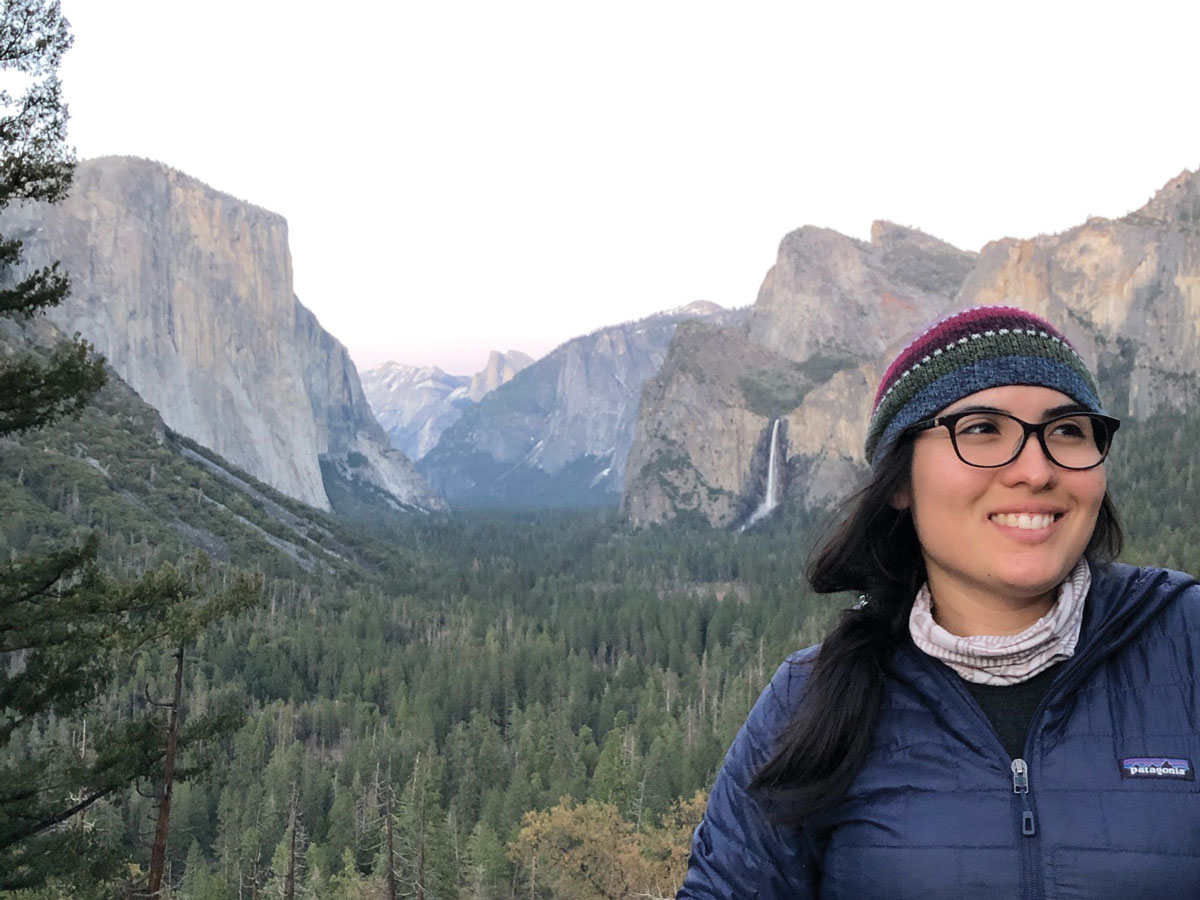As a second grader in Seattle, Jimena Díaz Leiva remembers being captivated by her teacher, who described football fields’ worth of deforestation in the Amazon. Because she was born in Peru, “it was really tangible on an emotional level,” said Díaz Leiva. “It was an issue that I became really passionate about.”
After college, she accepted a postgraduate research fellowship that allowed her to return to Peru and focus her work on the environment. In the Madre de Dios region, she assisted a freshwater monitoring project in the Amazon with the nonprofit organization Conservación Amazónica–ACCA. Speaking with local people, she learned that conservation initiatives like protected areas and nature preserves can have unintended consequences, such as cutting fishermen off from traditional fishing grounds.
“Those [conservation initiatives] weren’t addressing some of the root issues around why there was habitat degradation or environmental degradation broadly” and failed to consider the people living in those areas, she said. Díaz Leiva also learned about the small-scale gold mining nearby, in which miners used mercury to extract gold from sands, which inspired her Ph.D. dissertation.
Díaz Leiva’s dissertation challenged conventional narratives of gold miners as bad actors. These common assumptions “fail to get at the complex historical and political processes” that existed before the gold mining expansion and influenced mercury use, she said.
After completing her doctoral work at the University of California, Berkeley in 2021, Díaz Leiva joined the Center for Environmental Health as its science director. There she’s designing an air pollution monitoring network for Paramount, Calif., alongside community members, putting into practice some of her environmental and social justice learnings. “It just seemed like the right next stepping-stone,” she said, adding that she has been able to help and “to work directly with individuals [who] were experiencing pollution and contamination from industries,” she said.
This profile is part of a special series in our August 2022 issue on science careers.
—Jackie Rocheleau (@JackieRocheleau), Science Writer


